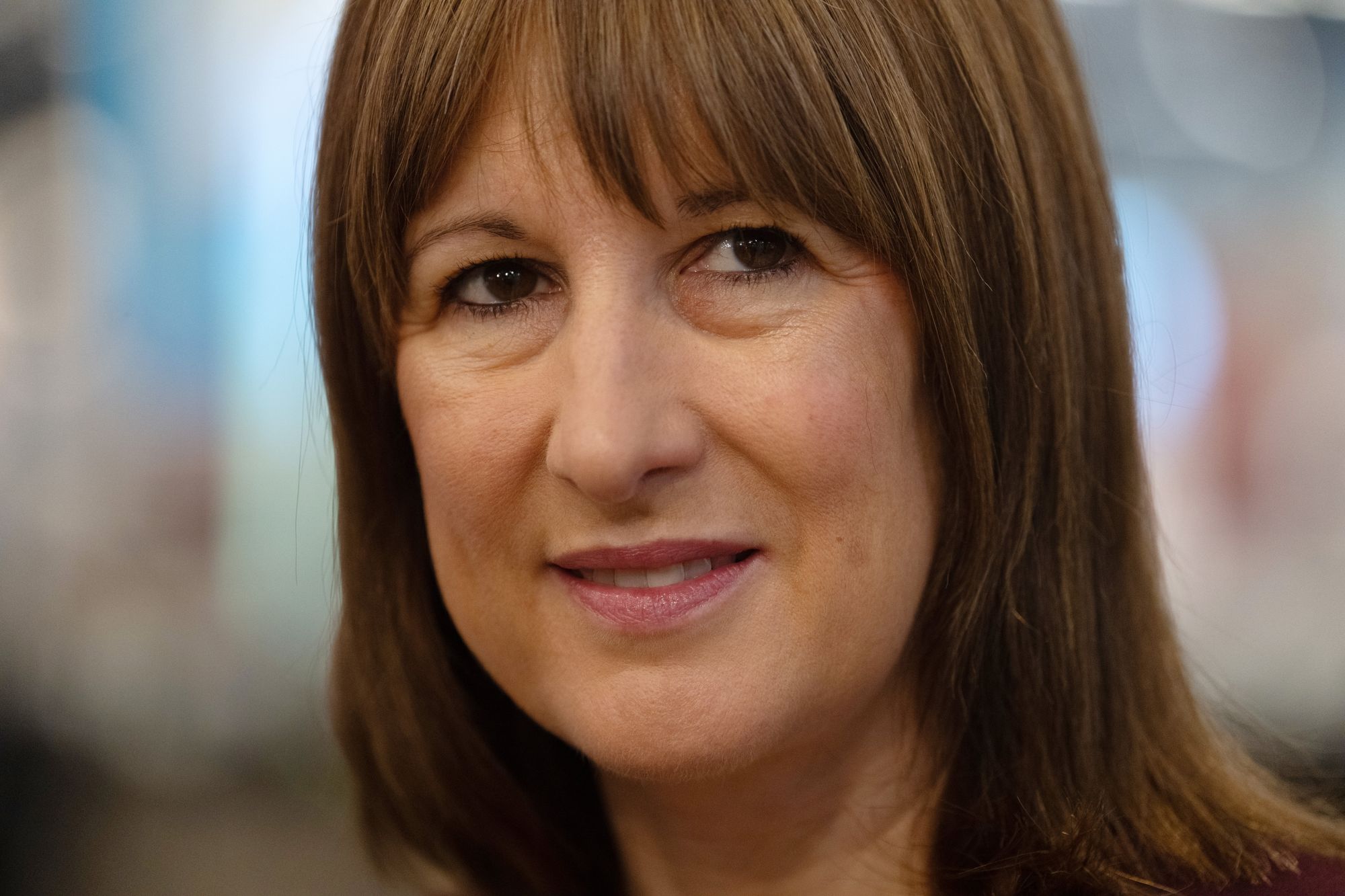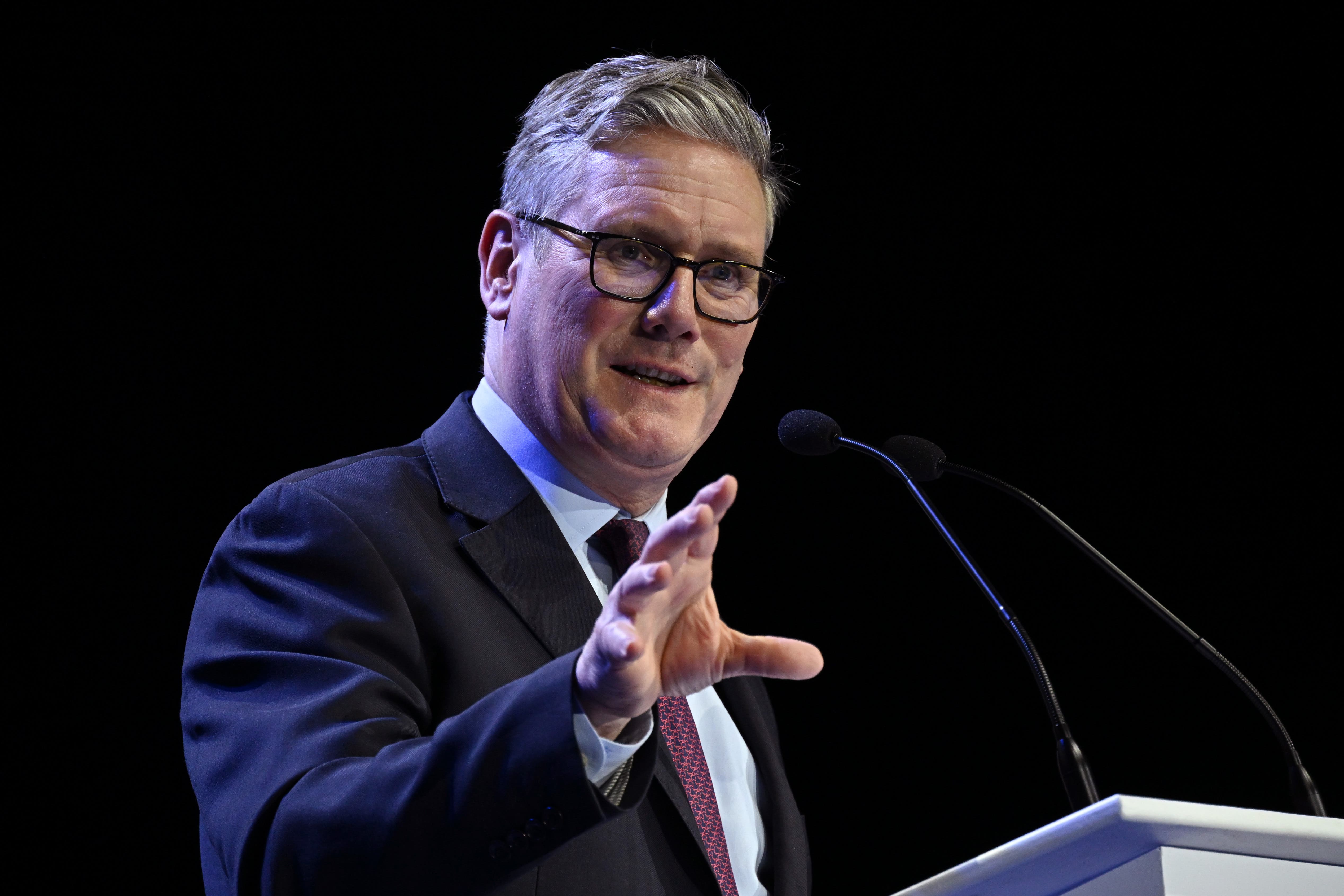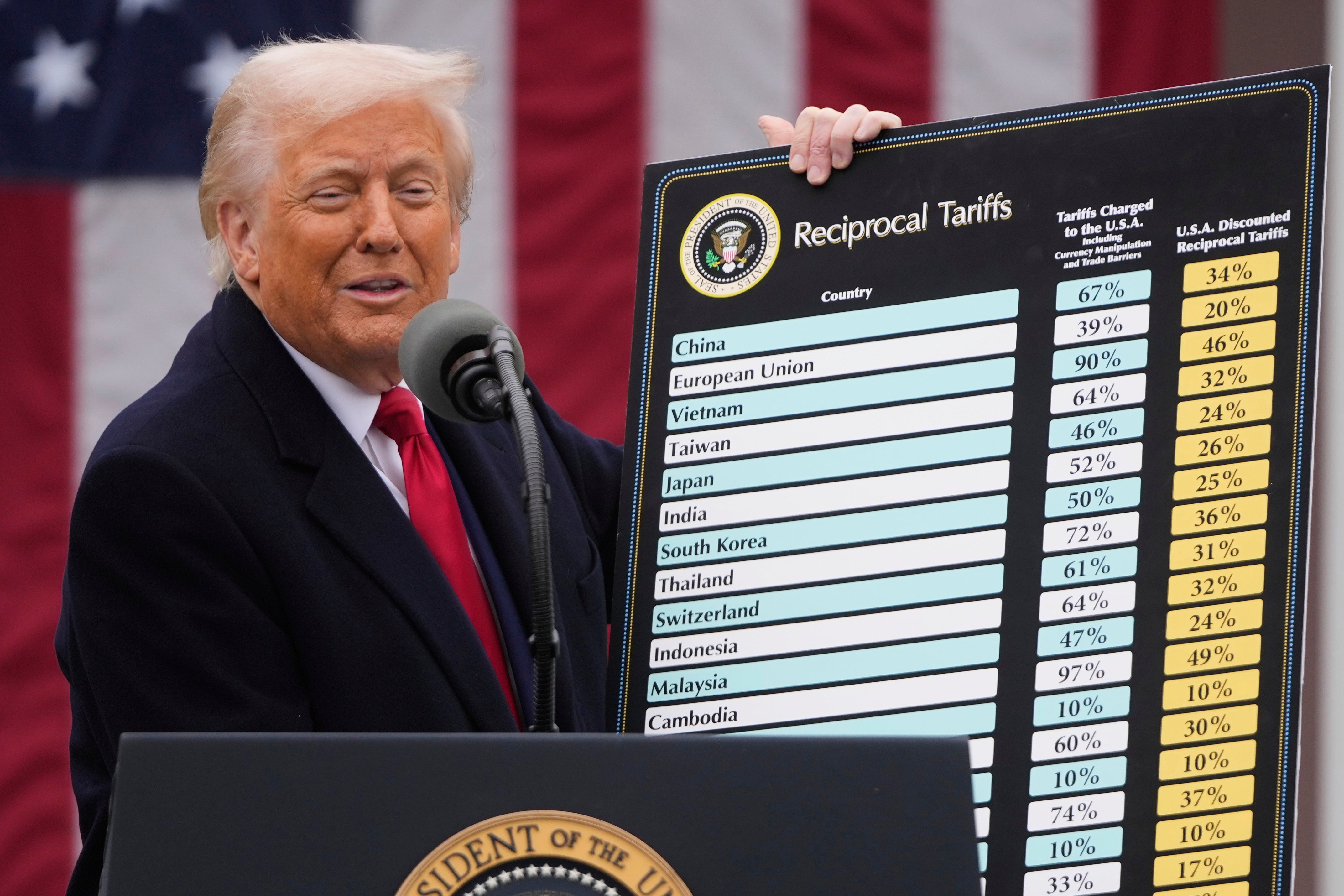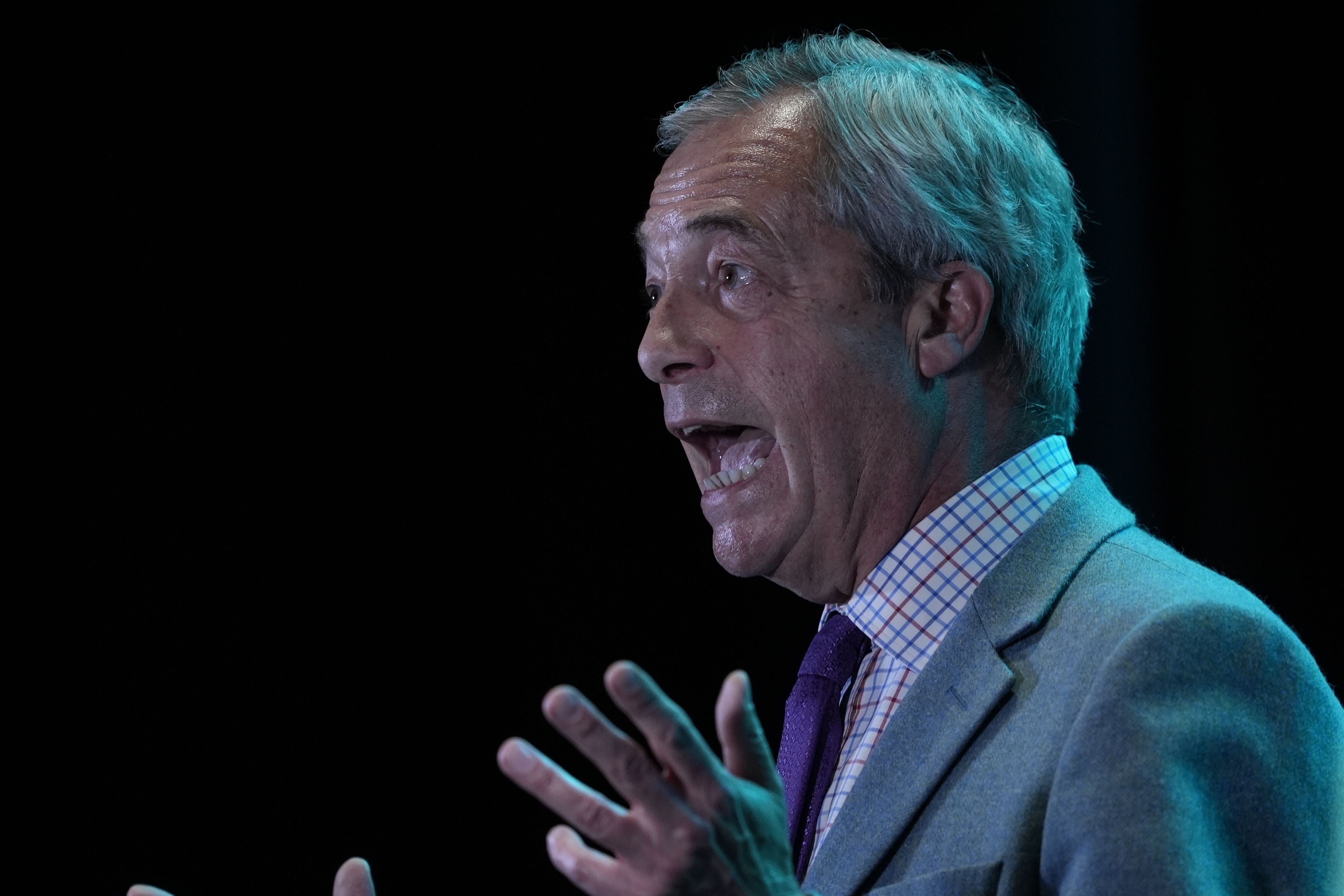When Rachel Reeves walked into the Treasury as the new chancellor on 5 July 2024, she arrived with a “number one mission” of providing economic growth.
Without it, she said, the UK could not pay for the improved public services that Labour wanted to deliver.
But 18 bruising months later, those hopes for economic growth in a flatlining economy are in tatters, with the Office for Budget Responsibility (OBR) now expected to downgrade already low growth projections until 2029.
As she prepares to stand up at 12.30 pm on Wednesday and deliver her second Budget, Ms Reeves has abandoned the language of economic growth. When she spoke to Labour MPs on Monday evening – in a bid to rally them ahead of her Budget – the word “growth” did not even pass her lips.
Read our live Budget updates here

Instead, with Labour polling below 20 per cent, Nigel Farage’s Reform threatening to take power at the next election and turbulence on the Labour benches, Ms Reeves’s political priorities with the Budget appear to have changed.
Here are her top five aims:
Keep her job
Unbelievably, it has already come to this.
In recent days, Ms Reeves, the UK’s first female chancellor, has accused her critics of “mansplaining” how to be chancellor – something which she says motivates her to show she is making the right decisions.
But the problem is that she remains deeply unpopular with the public (-52 per cent according to More In Common polling released on Monday). The anger some of her decisions have caused among backbenchers has also raised serious questions about her future as chancellor.

If Sir Keir Starmer is to save his own premiership, then Ms Reeves could herself be an easy sacrifice to make, with a dwindling number of political allies to stand up for her.
In awful economic circumstances, Ms Reeves needs to show she is in charge and deliver a narrative that can unite her party and guarantee her future.
Fill the financial black hole
The chancellor has made a number of botched efforts to reduce public spending and shrink the black hole in the public finances.
This included trying to cut welfare by £5bn a year – an idea abandoned after a Labour backbench rebellion. She was also forced to U-turn on winter fuel payments at the cost of another £1bn a year.
Now it looks like she will need to find even more with £3.5bn to lift the two-child benefit cap.
The black hole in spending plans is set to be at least £20bn – meaning that a chancellor who once said she wanted to cut taxes is set to turn the lever on major tax hikes for a second year in a row.
Protect the UK from more Trump madness
Throughout a bizarrely long run-up to this Budget – including leaks, briefings and even U-turns on the leaks and briefings – Ms Reeves has been consistent about one thing: the need to provide a bigger safety cushion – fiscal headroom as it is technically called – to deal with financial shocks.

Last year, she gave herself less than £10bn, which was wiped out when Donald Trump’s tariffs caused chaos in the global economy.
Wars and other unforeseen disasters can easily knock the UK off track in terms of its spending plans and the chancellor knows she must be ready.
This is largely because she is resistant to changing her strict borrowing rules and there is some sense in this – the UK struggled last time to sell its long-term bonds, which have become more expensive for the government to service as a result.
There are genuine concerns that the UK and other countries could be on the cusp of a bad economic disaster and even defaulting, which means the chancellor has to take a safety-first approach as much as she can.
Appease Labour MPs
The frustrated words of the Confederation of British Industry (CBI) and other business groups this week show that Ms Reeves’s attempts to woo them are long behind her.
Instead, she is faced with a parliamentary Labour party (PLP) that would mostly happily see her replaced and is terrified about losing their seats.

Added to that, despite Labour’s huge majority, it has become clear that Ms Reeves and Sir Keir cannot force through spending cuts.
Instead, the soft left of the Labour Party appears to be dictating matters – whether it is welfare, child benefit or more on the minimum wage.
So expect more giveaways on the cost of living, with wealth taxes on the rich – as well as increases in benefits and rail fare freezes on the other side.
Provide ammunition against Farage
In the end, Labour needs to have a strategy to win the next general election expected in 2029.
With Nigel Farage’s party so far ahead in the polls (around 32 per cent for Reform to 19 per cent for Labour), it is clear that a solution to reboot the country’s troubled economy is needed to turn things around.

That needs to start with this Budget where Ms Reeves must provide what is often termed as a political narrative for this Labour government.
If she fails, then it is unlikely that she or Sir Keir will still be around to lead the party into the next election.







